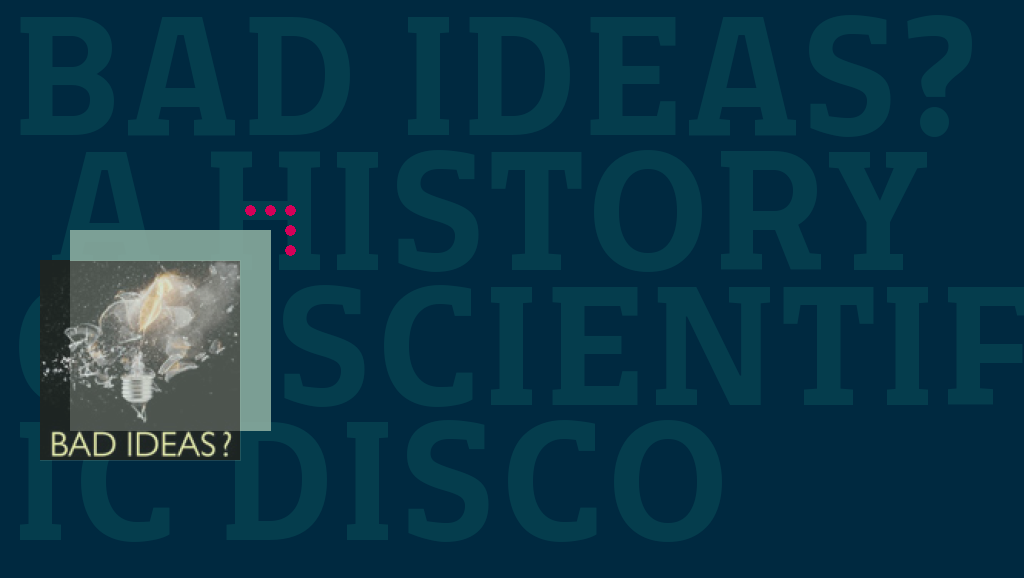Robert Winston is one of the UK’s leading scientists and a household face on TV. He currently holds the chair of Science and Society at Imperial College London and was made a life peer in 1995. He has written a series of books mostly related to his work in fertility and genetics, but his latest offering is much more of a historical document.
The book traces the history of human invention, starting from the manufacture of the first tools, the use and control of fire, from the invention of language to the changes brought about by the movement away from hunter gatherer societies to fixed dwelling, agriculture, the use of oil, industrialization, electronic communication, medicine, nanotechnology, synthetic biology and the mapping of the genome.
As you may imagine it is a dense book, but it has various themes running through it that are worthy of investigation and I believe of interest to readers of the Bassetti Foundation website.
One of Winston’s recurring themes is the need for broader dialogue between science and society. He argues that this must be a 2 way dialogue, that lay people should understand more about science in order to make informed choices and decisions about change, but that scientists also have to listen to the public. If scientists listened more he argues science might go further to improving the society as a whole.
A related problem is the way science is reported. Scientists live in a competitive world where they have to procure funding, and this might lead them into making exaggerated claims about the possible benefits of their discoveries. Most people learn about science nowadays through the press or on TV, and here science is reduced to a set of sound-bites. Headlines and explanations are offered that can only be partial and eye catching attempts to form public opinion. This issue has recently been addressed by other visitors to the foundation. During the round table discussion held here in June with Lennard Davis the issue of the communication of science and scientific data was raised, recent visitor David Guston is also interested in this field and I intend to further address this matter in a future posting about the work of Guardian UK writer Dr Ben Goldacre.
Other themes include addressing the ways discoveries are made, often in accidental ways or to quote Winston’s own words “with serendipity“, and the fact that discoveries are made in different parts of the world by different unrelated groups at more or less the same time.
Another issue is the way that scientists tend not to like to divulge certain information, tend towards secrecy and often treat critics with contempt, with those within the scientific ranks often losing their positions or credibility for not following the accepted line of the times. He gives several examples of discoveries having been ignored, discredited but also championed for political reasons, but that have had serious detrimental effects on the societies that they were meant to help.
As a practicing doctor a large section of the book addresses problems related to medicine and health. The author not only gives a fantastic history of medicine throughout the ages but also addresses the problem of how to promote (or stifle) innovation and addresses the problem of rising costs, financial constraints, business involvement and decision making in treatment, issues that have previously been addressed on this site. His critique of the UK National Health Service could in fact be read in tandem with The Hasting Center interpretation of the situation in the US.
The book perfectly demonstrates the author’s “Twelve Aphorisma About Science” listed as part of the conclusion. One of the more interesting states “nearly all technological advances have threatening or negative aspects which usually are not fully recognized or predicted at the time of their invention” (p382) (another also uses the same phrase but for beneficial applications). Urbanization helps the spread of disease, moving to agricultural subsistence leads to a worsening in the health of the population, improvements in medicine lead to a psychologically damaging non acceptance of death, text messaging affects language use and as for the internet, well….
Winston lays out possibilities and problematics in an orderly and understandable way, with invention and innovation historically judged pros against cons. When judging modern science however that is not possible, possibilities cannot be seen and so he calls for scientists to follow his “Scientists Manifesto“, some 14 points that seem to be aimed at making scientists think about what they are doing and more so why they are doing it, in a hope I would say of making them behave more responsibly. Winston does not use the word responsibility but its promotion seems to be his main goal. He states at the beginning of the book that it is not only aimed at a general public readership but also at his fellow scientists.
The book has a subtitle, “An arresting history of our inventions“, and I think that this one phrase sums up the entire meaning of the volume. My interpretation is that Winston implies a dual interpretation for the word “arresting“, meaning interesting but also from its latin use to slow down. The implication is that with every invention any improvement in one walk of life has had detrimental effects in others. He does not however paint a negative picture of human development or of the possible future we face, but constantly urges for a society that is better educated and able to take informed decisions about important scientific, ethical and therefore political choices.
An extremely well written and informative book, thought provoking and at the same time witty, and heavy enough even to weigh the corner of your beach towel down on a breezy Skegness summer’s day. Highly recommended.
Bad Ideas? An arresting history of our inventions is published by Bantam Press, London, 2010, 214 pages and costs £20

















